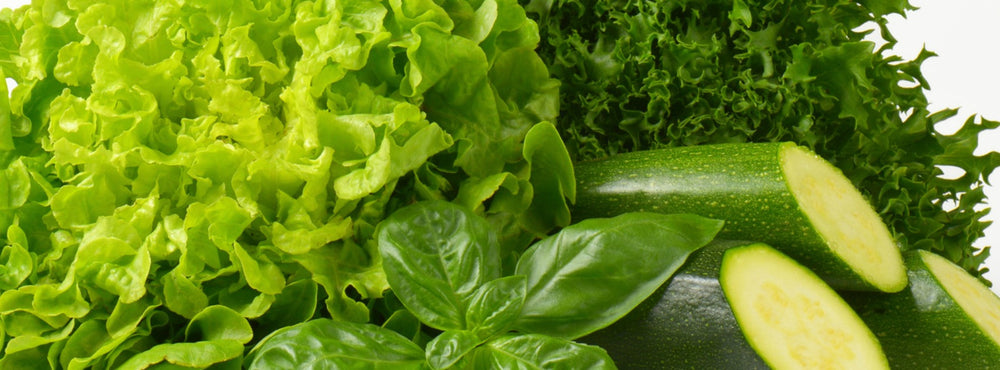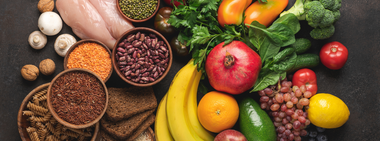Plant sterols help lower cholesterol, but are they safe?

Last week we heard from a customer who wanted to know about the effectiveness of plant sterols in reducing cardiovascular risk and also about their safety.
Plant sterols and stanols, usually referred to collectively as plant sterols or phytosterols, are natural plant components. If you eat a diet rich in plant-based foods, you will be consuming a diet rich in plant sterols and stanols. The data is overwhelming that plant-based/vegan diets are associated with markedly reduced rates of chronic disease, including heart disease.
Plant sterols are known to lower LDL cholesterol, by as much as 15%. It’s probably one of the reasons why vegans display much lower cholesterol levels and, consequently, lower heart disease risk.
In last week’s blog, we explained new findings that confirm reducing LDL by 38 points rewards you with a 23% to 25% risk reduction in cardiovascular risk regardless of whether you get there with medications or foods. This includes anything that modulates cholesterol absorption such as Zetia and plant sterols.
But are They Safe?
What about plant sterol safety? There have been only 80 reported cases of an exceedingly rare condition called sitosterolemia where plant sterols are excessively absorbed from the intestine and not excreted in bile.This leads to very high cholesterol levels in the blood and deposits of phytosterols in tissues like tendons and eyes.
But unless you have that exceedingly rare condition, you don’t need to be concerned about plant sterol absorption. Here is why:
- Plant sterols are found in plants. If any sterol absorption was a problem, eating any plants would be a problem, and the data overwhelmingly shows us that the opposite is true.
- Plant sterol levels in the blood are a surrogate marker for intestinal cholesterol absorption, and it has been documented that avid cholesterol absorbers have increased rates of heart disease. So increased plant sterol levels in non-sistosterolemic patients are the marker of a problem, not the cause of the problem.
- Plant stanols block plant sterol absorption and at Step One Foods we use a combination of plant sterols and stanols.
- You can’t extrapolate adverse risk from one situation to another because risk is not linear. Here’s a good way to think about this: if a train containing 500 people crashes while traveling at 100 miles per hour and all 500 people die, it is not a given that 5 people will die if that same train crashes while traveling at 1 mile per hour.
There has been one effect noted reasonably consistently with plant sterol use and that is a minor reduction in the absorption of fat soluble vitamins and carotenoids. To date, this effect appears to be minor. However, if this concerns you, you can counter it by increasing your consumption of fruits and vegetables, especially orange foods like carrots and sweet potatoes. These are foods we’d recommend under any circumstances.
Learn more about why every serving of Step One Foods delivers plant sterols here.
One other note. Please don’t hesitate to ask us if you have questions or concerns about cardiovascular health or Step One Foods. Contact our customer support team- we’re here to help!

Tested & Proven Results.
- Cardiologist formulated
- Supported by over 500 publications
- Clinically-proven, in a double-blind randomized trial with Mayo Clinic and The University of Manitoba
80% of participants lowered their cholesterol in just 30 days. With just two servings per day, Step One Foods offers a proven-effective way to naturally lower LDL (bad) cholesterol.
Get heart health tips and articles like this, delivered right to your email.
New articles every week.
You may also like...

Insulin Resistance, Prediabetes and Type 2 Diabetes. Part 4: Un-Doing It.

You don’t need to avoid foods with cholesterol…except for these



